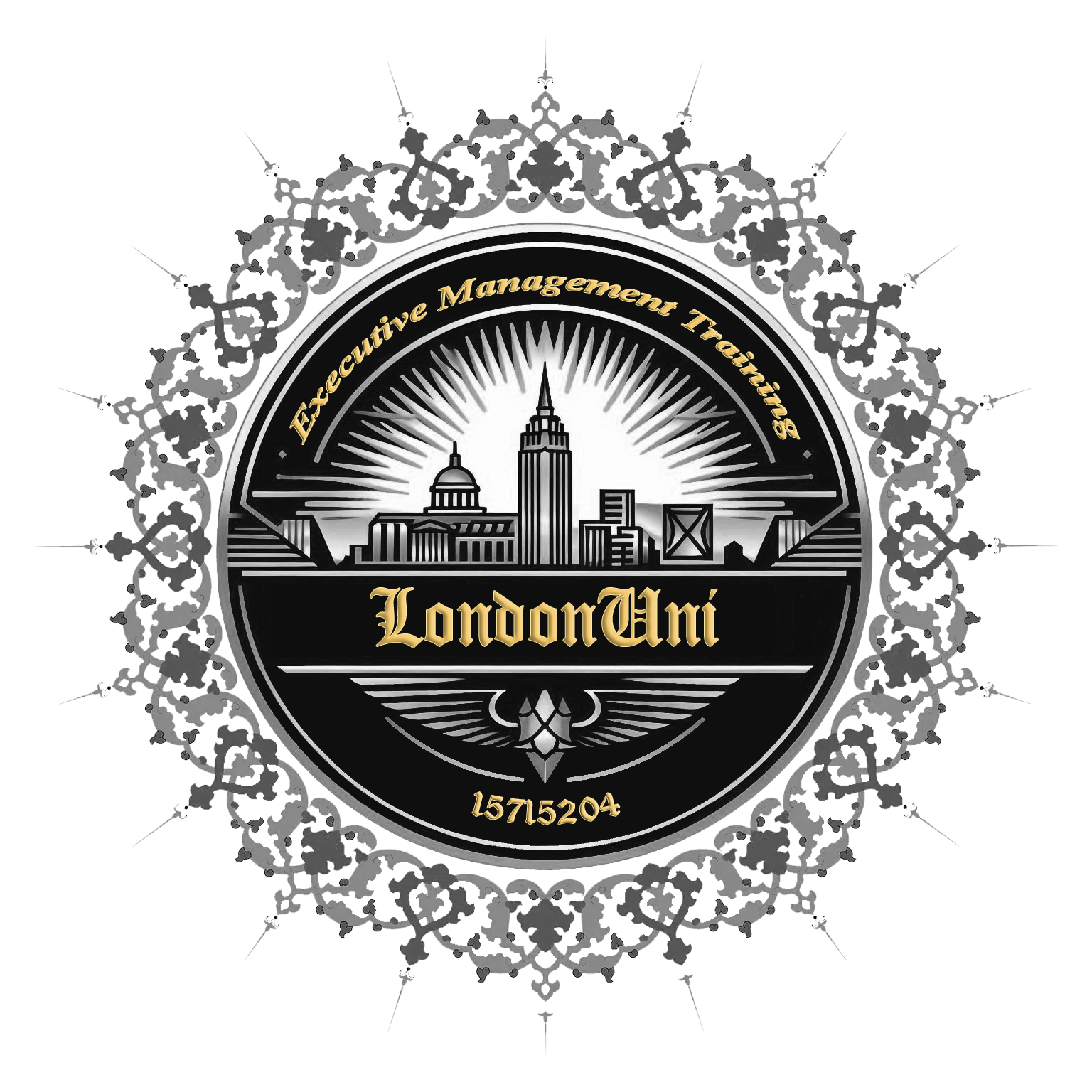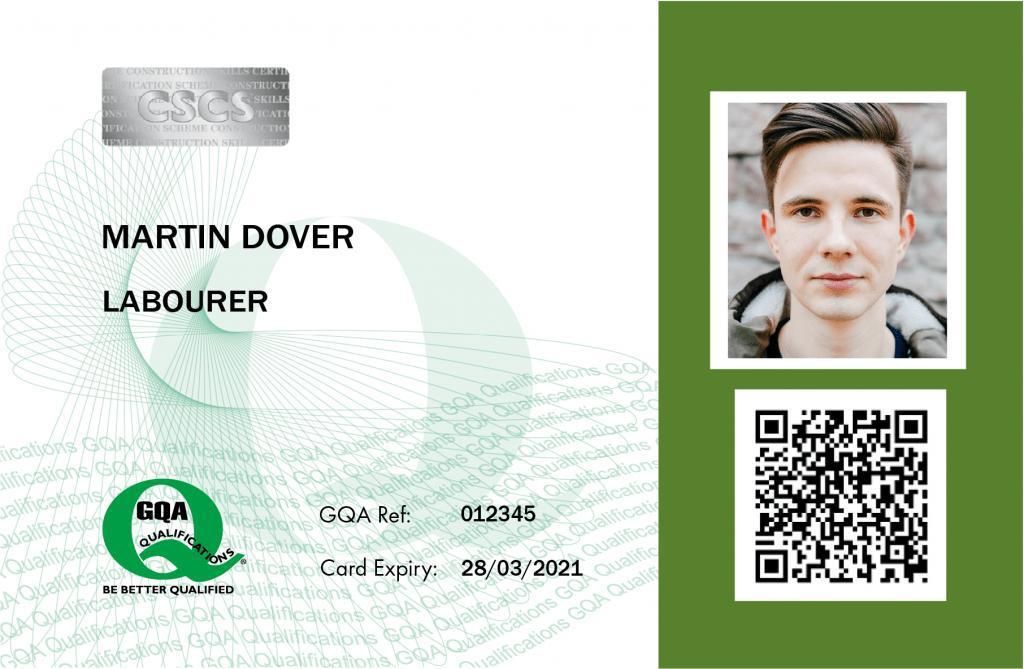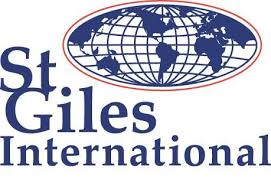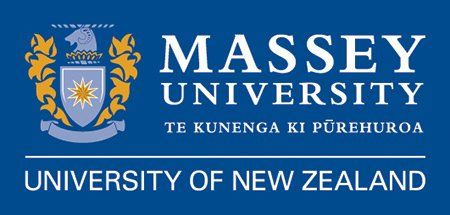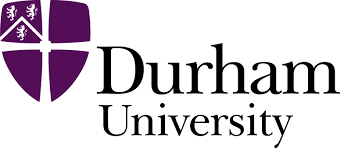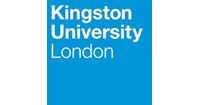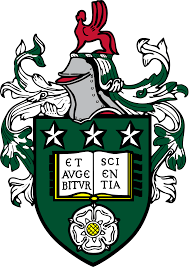
Management, Recruitment And Talent HR Planning
Course ID: 2508044501163EGI
Course Dates : 04/08/25 Course Duration : 5 Studying Day/s Course Location: Istanbul, Turkey
Language: Bilingual
Course Category: Professional and CPD Training Programs
Course Subcategories: Leadership and Management Excellence
Course Certified By: * Projacs Academy
* Professional Training and CPD Programs
Certification Will Be Issued From :
KSA
Course Fees: £3,424.06
Vat Not Included in the price. VAT may vary depending on the country where the course or workshop is held.
Click to Pay
Date has passed please contact us Sales@e-s-hub.com
Course Information
Introduction
The field of human resources (HR) has evolved significantly over the past few decades, transitioning from administrative support functions to strategic business partners. In an era where organizations increasingly recognize their workforce as their most valuable asset, effective management, recruitment, and talent planning have become pivotal for sustainable success. This course delves into these critical areas, equipping participants with the tools and frameworks necessary to align HR strategies with organizational goals. By integrating theoretical insights with practical applications, the program ensures that learners can navigate the complexities of modern HR practices while fostering a culture of continuous improvement.
One of the primary challenges in contemporary HR is bridging the gap between traditional approaches and emerging trends such as data-driven decision-making, remote work dynamics, and diversity initiatives. For instance, companies like Google have demonstrated how leveraging predictive analytics in recruitment can enhance hiring accuracy by up to 25%. However, many organizations still struggle to adopt similar methodologies due to limited expertise or outdated systems. This course addresses these gaps by introducing participants to cutting-edge techniques and industry best practices, enabling them to implement innovative solutions tailored to their unique contexts.
Mastering the principles of management, recruitment, and talent planning offers profound benefits not only for individuals but also for entire organizations. Professionals who excel in these domains are better positioned to drive employee engagement, optimize resource allocation, and contribute to long-term growth. Organizations, on the other hand, benefit from reduced turnover rates, improved productivity, and enhanced employer branding. Drawing on established theories such as Maslow’s Hierarchy of Needs and Ulrich’s HR Business Partner Model, this course provides a robust foundation for understanding the psychological and operational dimensions of HR.
Real-world examples further underscore the importance of this subject matter. Consider the case of Netflix, which attributes much of its success to a rigorous focus on talent acquisition and retention. Their "Keeper Test" framework encourages managers to regularly assess whether they would fight to retain each team member, thereby ensuring high performance across all levels. Similarly, Unilever’s use of gamified assessments during recruitment has revolutionized candidate evaluation processes globally. These instances highlight the transformative potential of strategic HR interventions when executed effectively.
Despite its significance, HR remains fraught with challenges ranging from bias in recruitment to misalignment between individual aspirations and organizational objectives. Such issues often stem from inadequate training or reliance on intuition rather than evidence-based practices. Through interactive sessions, case studies, and hands-on exercises, this course empowers participants to overcome these obstacles systematically. It emphasizes ethical considerations, legal compliance, and inclusivity, ensuring that HR professionals operate with integrity and accountability.
Ultimately, this program seeks to cultivate a new generation of HR leaders capable of driving meaningful change within their organizations. Whether addressing skill shortages, designing equitable compensation structures, or fostering leadership pipelines, participants will emerge equipped with the knowledge and confidence to tackle complex HR challenges head-on. By blending academic rigor with practical relevance, the course sets a benchmark for excellence in professional development.
Objectives
By attending this course, participants will be able to:
Analyze organizational needs to design comprehensive HR plans aligned with strategic goals.
Evaluate various recruitment methods and technologies to identify optimal strategies for diverse roles.
Implement talent management frameworks that promote employee development and succession planning.
Apply data analytics tools to measure and improve HR outcomes systematically.
Design inclusive workplace policies that enhance diversity and mitigate unconscious bias.
Assess compliance requirements related to labor laws and ethical standards in HR practices.
Synthesize feedback from stakeholders to refine HR strategies and foster continuous improvement.
Who Should Attend?
This course is ideal for:
HR managers seeking to enhance their strategic capabilities and elevate their role within organizations.
Team leaders and supervisors responsible for managing people and optimizing team performance.
Recruitment consultants aiming to stay abreast of industry innovations and expand their service offerings.
Organizational development specialists focused on building resilient and adaptive cultures.
Training Method
• Pre-assessment
• Live group instruction
• Use of real-world examples, case studies and exercises
• Interactive participation and discussion
• Power point presentation, LCD and flip chart
• Group activities and tests
• Each participant receives a 7” Tablet containing a copy of the presentation, slides and handouts
• Post-assessment
Program Support
This program is supported by:
* Interactive discussions
* Role-play
* Case studies and highlight the techniques available to the participants.
Daily Agenda
The course agenda will be as follows:
• Technical Session 08.30-10.00 am
• Coffee Break 10.00-10.15 am
• Technical Session 10.15-12.15 noon
• Coffee Break 12.15-12.45 pm
• Technical Session 12.45-02.30 pm
• Course Ends 02.30 pm
Course Outlines
Foundations of Strategic HR Management
Overview of HR’s evolving role in organizational strategy.
Key components of effective HR planning.
Aligning HR objectives with business priorities.
Introduction to HR metrics and KPIs.
Day 2:
Recruitment Strategies and Best Practices
Understanding the recruitment lifecycle and its stages.
Leveraging technology in sourcing and screening candidates.
Crafting compelling job descriptions and employer branding.
Conducting structured interviews and competency-based assessments.
Day 3:
Talent Development and Retention
Building robust talent pipelines through succession planning.
Designing career development programs for employees.
Implementing performance management systems.
Addressing turnover risks and enhancing retention strategies.
Day 4:
Data-Driven Decision Making in HR
Basics of HR analytics and its applications.
Using data visualization tools for reporting and insights.
Predictive modeling for workforce forecasting.
Ethical considerations in HR data usage.
Day 5:
Compliance, Diversity, and Future Trends
Navigating labor laws and regulatory frameworks.
Promoting diversity, equity, and inclusion in the workplace.
Emerging trends shaping the future of HR.
Developing an action plan for sustained HR excellence.






